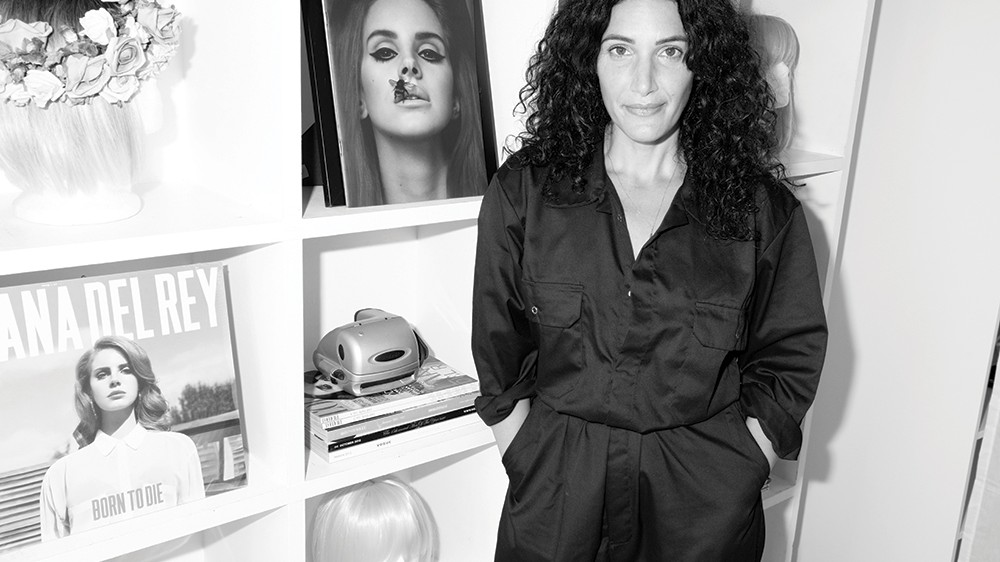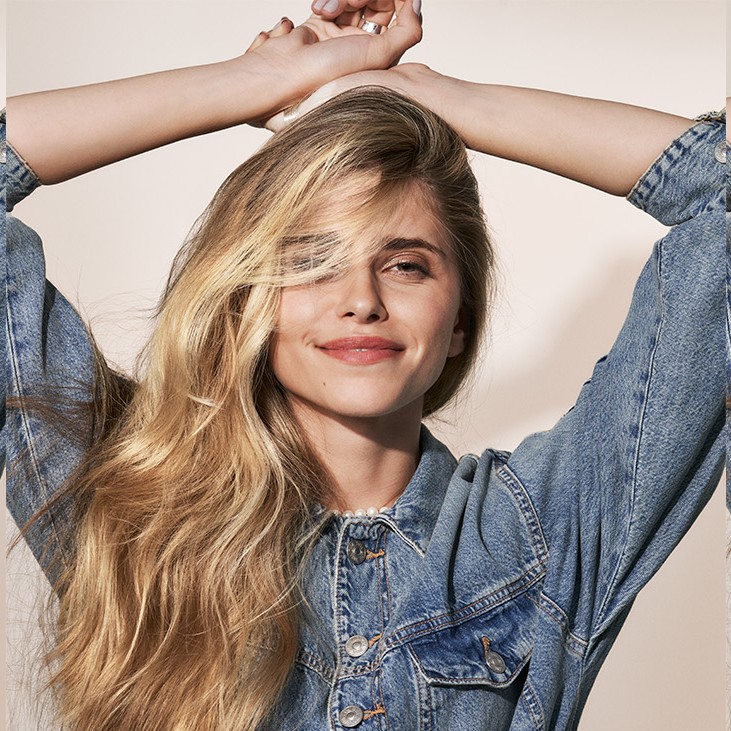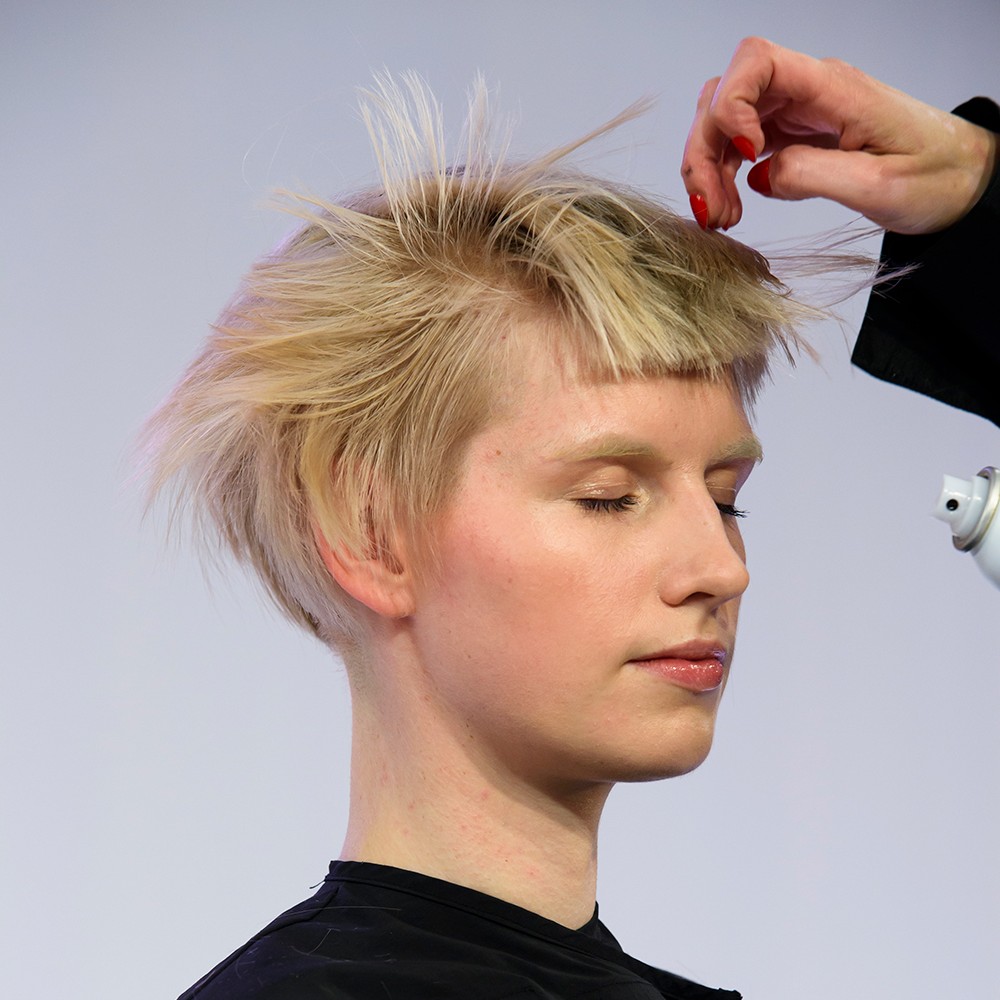Alongside being a renowned session stylist, Anna Cofone works with blind and low vision women and girls to transform their self-esteem through haircare as self care. Here she shares the power of listening.
"There’s a misconception that blind and low vision people aren't interested in beauty or style – but this couldn't be further from the truth. Hairdressers and salons with this mindset risk excluding a vibrant and diverse community of potential clients.
My dad progressively lost his sight from his early twenties, but he was always passionate about his sense of style and identity. This is something that has affected and inspired me deeply. There’s something profound about the role of a hairstylist in transforming how people feel about themselves and, through our Hair & Care workshops, we do just that.
Setting up Hair & Care has really highlighted the power of listening as a hairstylist. But it’s not about just hearing what’s being said, it’s about picking up on the feelings and emotions that might not be shared audibly as well. Hairstylists have a unique way of reading body language; now, I process information with all my senses and that’s become integral in how I approach clients or fashion projects. I can sense if a highprofile client doesn’t know what they really want, just how you can sense a client in the salon who isn’t sure on their hairstyle.
THERE’S A MISCONCEPTION THAT BLIND AND LOW VISION PEOPLE AREN'T INTERESTED IN BEAUTY OR STYLE [...] HAIRDRESSERS AND SALONS WITH THIS MINDSET RISK EXCLUDING VIBRANT AND DIVERSE CLIENTS.”
Anna Cofone
"When we’re doing a client’s hair, it’s such an intimate service. There are very few industries where that level of intimacy is okay. Hair, beauty, and fashion are such an integral part of our self-care routines, and trusting someone else’s expertise can have a powerful impact on how we see ourselves and express our identity. As hairstylists, we can truly contribute to someone feeling better.
To be a great stylist I think that you have to be a grounded person. You have to be in tune with your emotional intellect and I think it takes time to nurture those qualities. We have to ask the right questions, and process that information. But also, so much of communication is about what’s not being shared, whether that’s due to shyness or lack of confidence. If you’re experiencing low self-esteem, it can be difficult to say what you want. I’ve felt this particular sense of responsibility teaching our blind and low vision women and girls about haircare at our workshops.
If you’re reading this and thinking ‘are my hair services accessible?’, come and volunteer at one of our workshops. You’ll learn accessible, inclusive language, and the importance of clear description. Once you’ve worked with someone who has a sensory impairment, it can make you aware of other disabilities and understand how to make other communities feel welcome. It’s two hours a month at Hackney Depot in London, and you’ll leave feeling empowered and inspired [head to hairandcare.co.uk for more info].
There are challenges for anyone living with a visible or non-visible disability, and for blind and low vision people, the hairdressing world can feel difficult to access or feel fully part of. But the industry is making changes. For example, Authentic Beauty Concept has recently put Braille and NaviLens on some packaging, which helps blind and low vision people navigate labels, instructions and ingredients.
My mission is to help make our industry more accessible, inclusive, and welcoming for people with visual impairments. Everyone deserves to feel cared for in a salon space. By improving accessibility, we not only support disabled clients, but also raise the standard of care for all."




